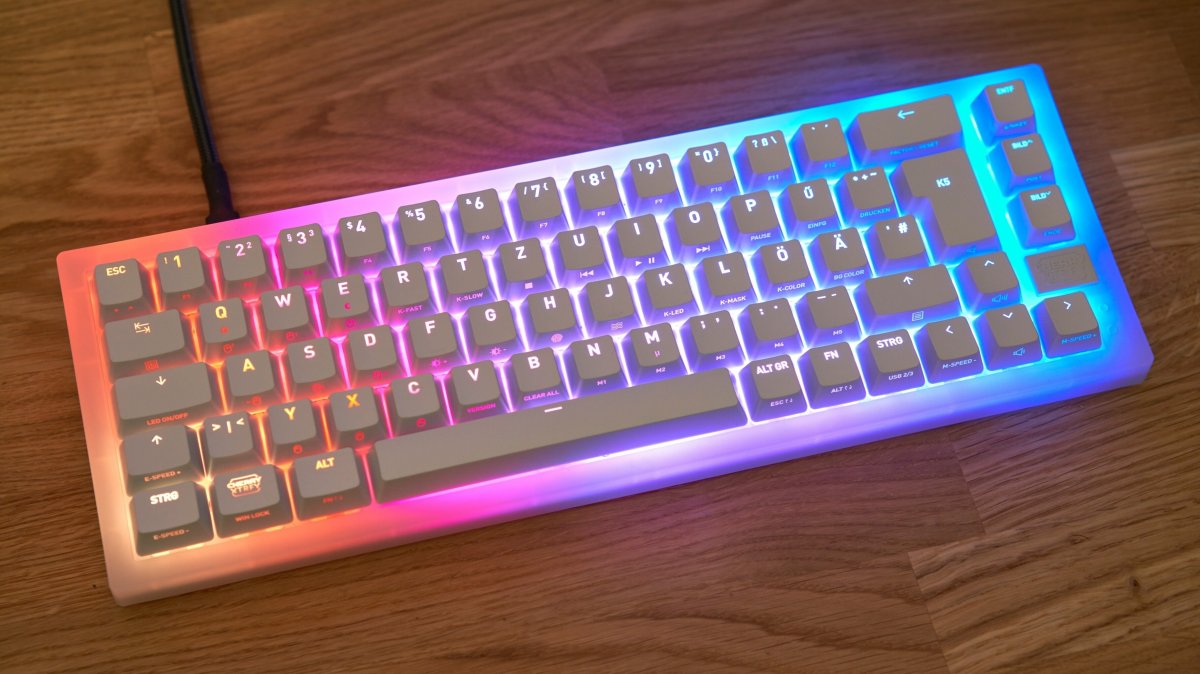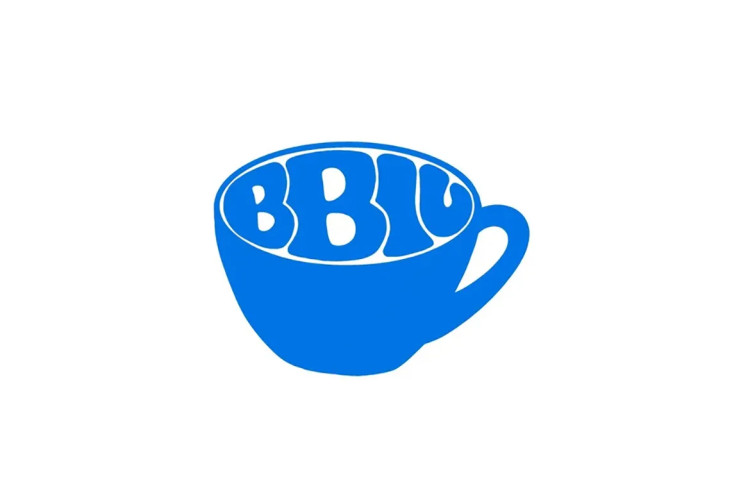Charles Poynton Masterclass: Colourspaces in D-cinema, ACES, and Streaming
In this one-day masterclass, we unpack the colourspaces that drive today’s professional imaging pipelines – from camera and VFX working spaces through grading environments to final delivery in cinema, broadcast, UHD/HDR/WCG, and streaming. We’ll connect the dots between Rec.709/BT.1886 SDR monitoring, theatrical P3 grading, Rec.2020 (BT.2020) wide-gamut UHD delivery, and metadata-driven HDR formats such as Dolby Vision.Why are there so many colourspaces in digital cinema/UHD/HDR/WCG/streaming pipelines?We’ll break down the distinct requirements – and colourspaces – used at each stage:• Colourspaces for cameras & VFX/CGI• Colourspaces for grading and look development• Colourspaces for distribution (P3 theatrical, Rec.709/BT.1886 SDR, Rec.2020 HDR)• Colourspaces for presentation/display, including HDR10, HLG, and Dolby VisionYou’ll see how scene-referred camera spaces and ACES working spaces are transformed into display-referred deliverables for:• D-cinema masters in P3 (typically P3-D65 or P3-DCI)• Broadcast and streaming SDR in Rec.709 with a BT.1886 (≈2.4) EOTF• UHD/HDR streaming that often uses P3 primaries in a Rec.2020 container with PQ or HLG transfer functions, including Dolby Vision trims and metadata.Who this masterclass is for:• Cinematographers & DITs• Colourists & colour assistants• Studio colour scientists• VFX supervisors & colour-pipeline TDs• Post-production supervisors• Lighters, shaders, look developersWhat you’ll learn:We’ll explore both the theoretical and practical aspects of the colour spaces most commonly used in production, post-production, and presentation of movies, broadcast, streaming video, and games. You will:• Understand why the requirements at capture, grading, and delivery are different, and how the transforms among camera, ACES, P3, Rec.709, and Rec.2020 spaces are managed.• Gain a deep understanding of power-function (“gamma”) and logarithmic/quasi-log (“log”) encoding, and how they relate to BT.1886 (2.4) and 2.6 gamma reference environments.• Learn how OpenEXR, CTL, ACES, and OpenColorIO are used to implement and standardize transforms between scene-referred and display-referred colourspaces.• Understand the implications of sRGB, 2.2, 2.4 (BT.1886), and 2.6-gamma viewing for SDR monitoring, and how they contrast with HDR10, PQ, HLG, and Dolby Vision HDR workflows.• Appreciate why video in distribution is always display-referred – even when the upstream pipeline is scene-referred – and what that means when mastering for P3 cinema, Rec.709 SDR, and Rec.2020/PQ or Dolby Vision HDR deliverables.Lots of graphs and equations will be shown and explained. If you have first-year university math, you’ll be able to dive deeply into log coding, the CIE chromaticity diagram, and the geometry of colour gamuts such as P3 and Rec.2020. If your background is high-school math, we’ll still cover the necessary fundamentals, so you come away with a solid working understanding of modern colourspaces and HDR/SDR systems.About Charles PoyntonCharles Poynton, PhD, is an independent researcher in image and colour science based in Toronto, Canada. He specializes in the physics, mathematics, engineering, and algorithms of digital colour imaging systems, with particular focus on digital cinema, HDR/WCG, and modern distribution systems such as Dolby Vision and HDR streaming platforms.
www.zeffy.com · Zeffy















































